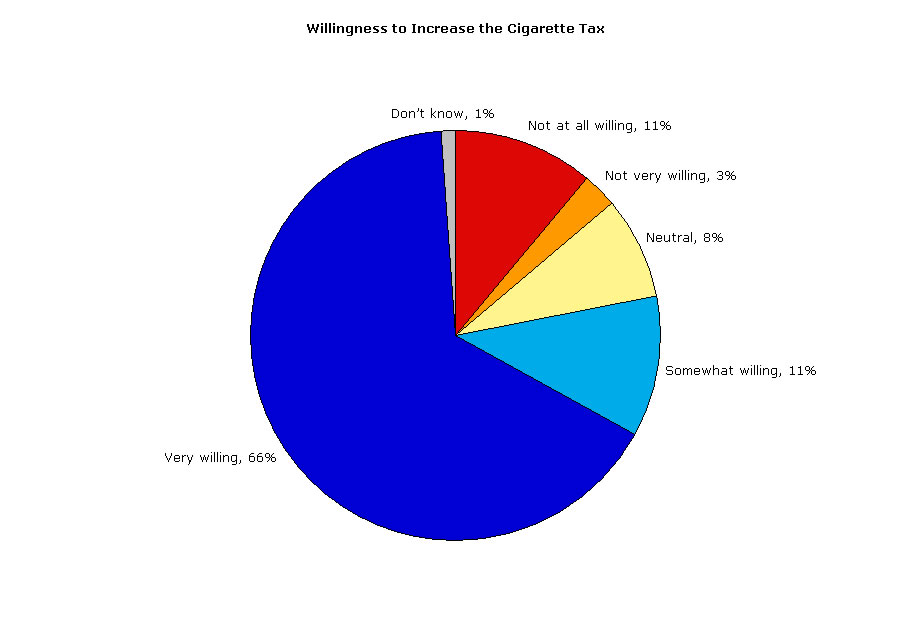
February 17, 2009 — The Center for Public Policy & Administration at The University of Utah recently completed a survey of Utahns to measure the public’s attitudes and opinions about many of the issues facing the state this year.
Because of economic conditions, the Utah legislature must decide how to allocate limited funds this year. We asked 1,002 Utahns about cutting state services, increasing revenue and using the rainy day fund. The survey also delves into specific policy issues, including transportation, health care and education.
One of the major findings is the willingness of Utahns to increase the tax on cigarettes. “The survey shows that Utahns are willing to have an increase in the cigarette tax,” said Jennifer Robinson, associate director of the Center for Public Policy & Administration. Indeed, 77 percent of respondents were somewhat willing or very willing to increase the tax, while 11 percent were not at all willing. Three percent were somewhat not willing and 8 percent were neutral.
“On the opposite side of the coin, Utahns are very opposed to increasing the sales tax on food, property taxes and income taxes,” said Robinson. In fact, 47 percent of respondents to the survey are “not at all willing” to have the sales tax on food raised; 22 percent are not very willing; just six percent are somewhat willing; and only five percent are very willing to have the sales tax on food raised.
Because of the economy, the state is faced with less money than in previous years. The Utah legislature may be making cuts to services this year and the survey asked whether Utahns are willing to have their services cut. Only 28 percent of respondents are very willing to have services cut; 49 percent are somewhat willing; 14 percent are not very willing; six percent are not at all willing to have services cut; and four percent didn’t know.
“The survey measured the pulse of Utahns this year,” said Robinson “It gives us a good picture of what Utahns worry about and what their priorities for government are during these difficult economic times.”
The Center for Public Policy and Administration is dedicated to providing independent research and analysis to public officials, business and community leaders, nonprofits and others in the state of Utah and surrounding intermountain region. Research focuses upon an array of public policy issues, including tax policy, education, health, human services, water, elections and governance.
A copy of the report is available at www.cppa.utah.edu. For more information, call Jennifer Robinson at 801-581-6781.
